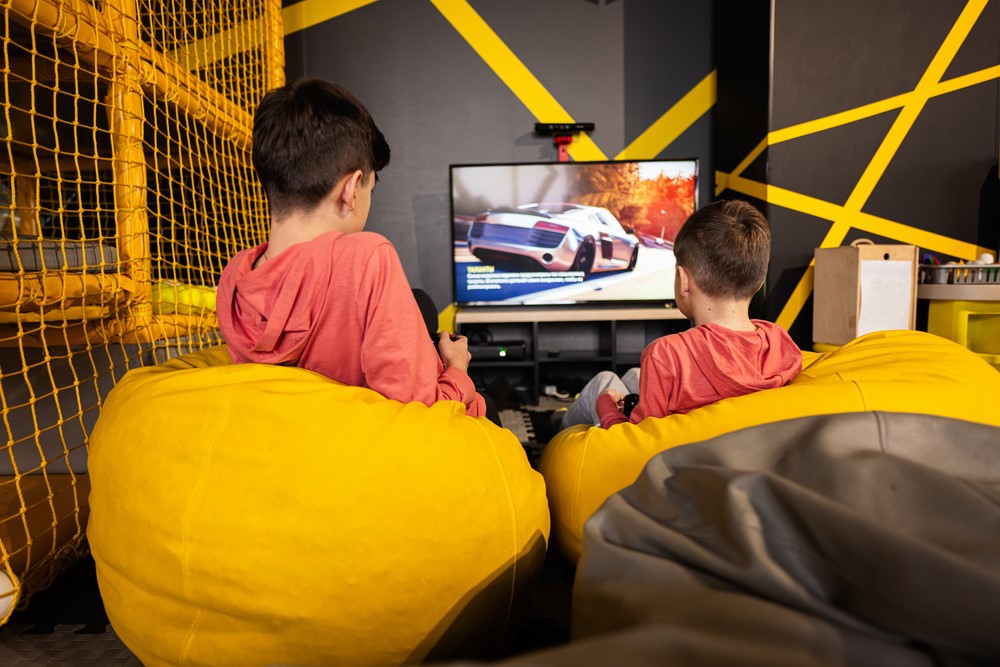
The Top Benefits Of Playing Car Games: Improving Driving Skills And Reaction Time

The Top Benefits of Playing Car Games: Improving Driving Skills and Reaction Time
Car games have long been enjoyed by people of all ages, offering entertainment and valuable benefits for real-world driving skills. This article explores the advantages of playing car games, including improved driving skills and reaction time, enhancing the overall driving experience.
Improving Driving Skills
Playing car games can contribute to the improvement of driving skills in the following ways:
- 1. Enhanced Hand-Eye Coordination: Car games require players to quickly respond to on-screen prompts and navigate through various obstacles. This helps improve hand-eye coordination, which is essential for controlling a vehicle in real-world driving situations.
- 2. Familiarity with Traffic Rules: Many car games simulate real-world driving scenarios and adhere to traffic rules. By playing these games, individuals can familiarize themselves with traffic signs, road markings, and the general rules of the road.
- 3. Risk Assessment: Car games often present players with different challenges and obstacles, requiring them to assess risks and make split-second decisions. This can translate to improved risk assessment skills when encountering hazards on the road.
- 4. Developing Defensive Driving Techniques: Car games often emphasize defensive driving techniques such as maintaining a safe following distance, anticipating potential hazards, and practicing defensive maneuvers. These skills can be beneficial in real-world driving scenarios.
Improving Reaction Time
Car games are known for their fast-paced nature, requiring players to react quickly to changing situations. This can lead to improved reaction time, which is crucial for safe and effective driving. Here's how car games can help:
- 1. Quick Decision Making: Car games often require players to make split-second decisions to avoid collisions or navigate through challenging environments. This trains the brain to think and react quickly, which can transfer to improved reaction time while driving.
- 2. Reflex Development: Car games can enhance reflexes as players learn to respond rapidly to sudden changes in the game environment, such as swerving to avoid obstacles or braking to prevent a crash. These reflexes can be beneficial in real-life driving situations.
- 3. Increasing Alertness: Playing car games demands concentration and attentiveness. By engaging in these games regularly, individuals can improve their overall alertness and responsiveness, leading to better reaction times on the road.
Conclusion
Playing car games can offer more than just entertainment. It can also contribute to the improvement of driving skills and reaction time. By enhancing hand-eye coordination, promoting familiarity with traffic rules, developing risk assessment abilities, and improving reaction speed, car games provide valuable benefits that can positively impact real-world driving performance. However, it's important to note that car games should never replace real-world driving experience and proper driver's education. They should be enjoyed responsibly and as a supplementary tool to support safe and responsible driving practices.